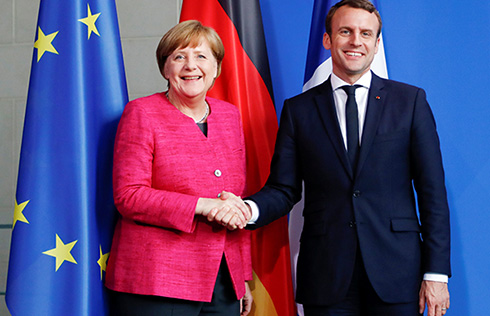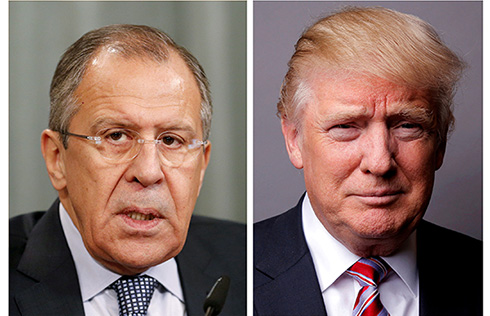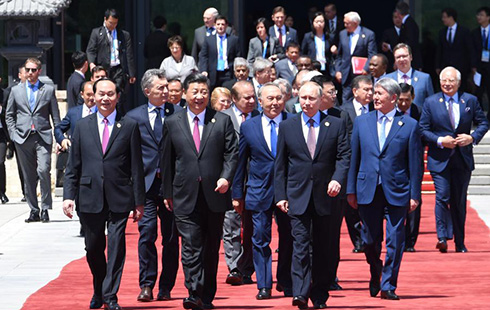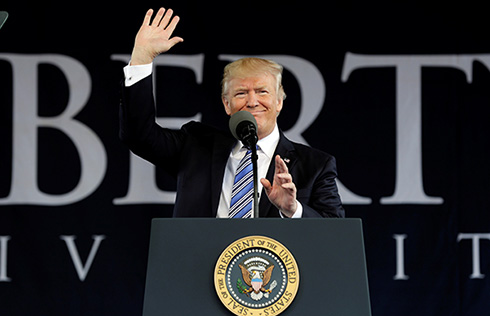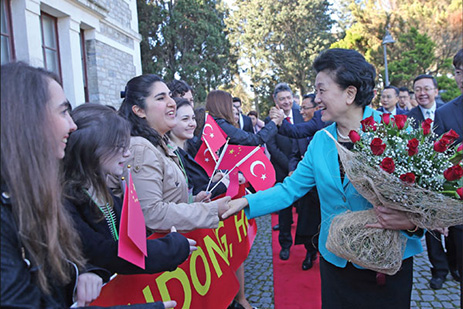US appeals court hears case against Trump's travel ban
|
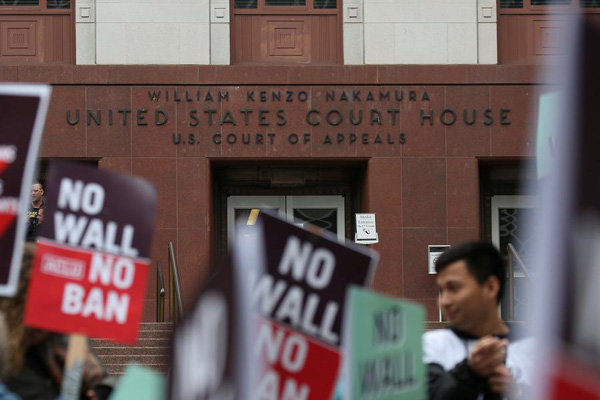 |
|
People protest US President Donald Trump's travel ban outside of the US Court of Appeals in Seattle, Washington, US May 15, 2017. |
SAN FRANCISCO - A three-judge panel of a federal appeals court heard case Monday against US President Donald Trump's travel ban without giving an immediate ruling.
Streamed live through the website of the US Courts for the 9th Circuit from a court room in Seattle, Washington state, the three judges grilled Acting US Solicitor General Jeffrey Wall for his defense on behalf of the Trump administration.
In his 30-minute oral argument, Wall said the president's executive order signed on March 6, which bars nationals of Libya, Iran, Somalia, Sudan, Syria and Yemen from entering the United States for 90 days, has nothing to do with his statements about Muslims on campaign trails last year.
Neal Katyal, an attorney representing the state of Hawaii, told the judges that the president had not disavowed the rhetorics until last week, by taking the statements off his campaign website.
The travel ban, the second of the kind, was blocked on March 15 by a federal judge in Hawaii.
Wall tried at the appeals court to repeal the nationwide temporary restraining order (TRO) imposed by US District Judge Derrick Watson.
However, after more than an hour of hearing, including Katyal's 30-minute argument, the three judges neither gave an immediate ruling, nor hinted when to make a decision.
It was the second time the 9th Circuit Court heard case against travel ban.
On Feb 9, another panel of judges ruled in San Francisco, Northern California, against reinstating the travel ban signed on Jan 27 by Trump as part of an executive order.
The president subsequently issued the revised order in early March 6, taking Iraq off the list of seven Muslim-majority countries.
In initiating the legal challenge against the second travel ban on March 9, Hawaii Attorney General Doug Chin noted that the new order, compared with the initial ban, "nothing of substance has changed: there is the same blanket ban on entry from Muslim-majority countries."




